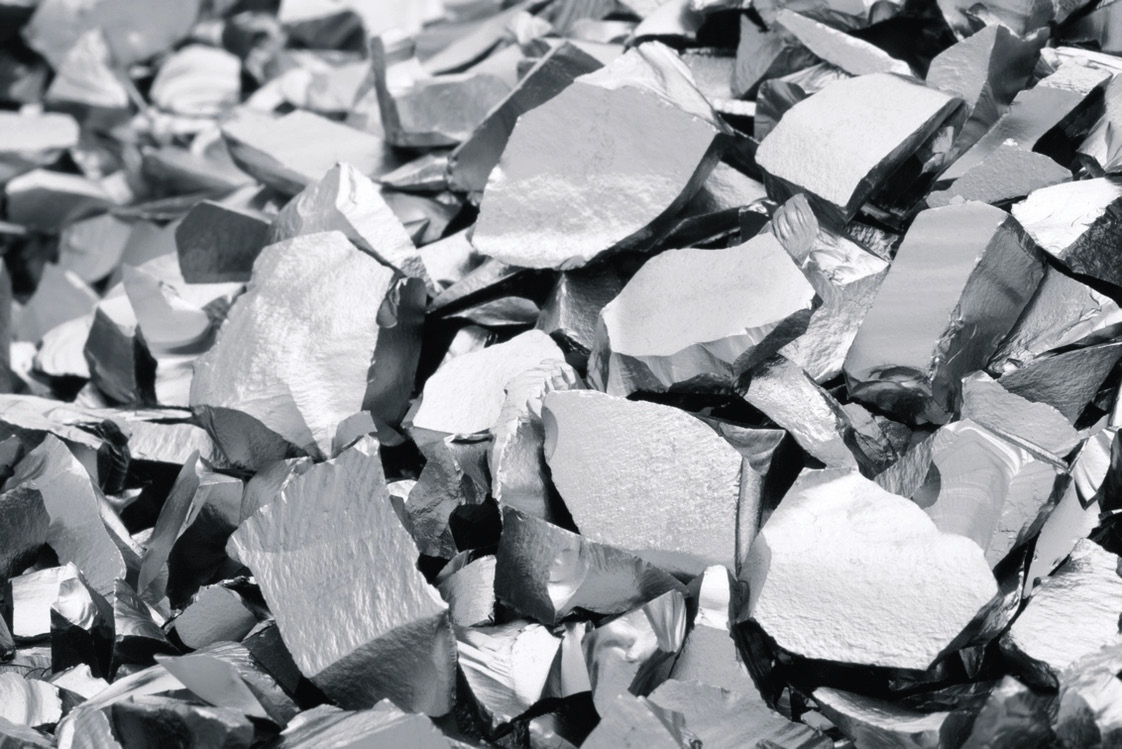South Korea’s Ministry of Trade, Industry and Energy (MOTIE) has asked the Chinese government to lift anti-dumping duties on Korean polysilicon imports introduced in July 2013.
The request was made at the a joint strategic meeting with the private sector to discuss regulations on South Korean imports, according to Korean portal KBS. The article also reports that an official letter about the removal of duties was to be sent to high-level Chinese leaders, and MOTIE will also discuss the matter at an upcoming meeting of the World Trade Organization’s committee on anti-dumping practices scheduled for April, as well as at the Seoul International Forum on Trade Remedies in May.
In November 2017, the Chinese Ministry of Commerce (MOFCOM) announced an adjustment of polysilicon duties for Korean imports. The duties for Korean producers were adjusted as follows: OCI Company Ltd. 4.4%; South Korea’s Silicon Industry Co, Ltd. (Hankook SiliconCo. Ltd.) 9.5%; Hanwha Chemical Corporation 8.9%; SMP Ltd. 88.7%; Woongjin Polysilicon Co Ltd. 113.8%; KCC Corp. and Korean Advanced Materials (KAM Corp) 113.8%; Innovation Silicon Co, Ltd. 113.8%; and other Korean companies 88.7%.
Popular content
When it introduced the duties in 2013, MOFCOM set import duties ranging from 2.4% to 48.7% for Korean producers, while U.S. manufacturers were handed duties ranging from 53.3-57%, depending on the dumping margin. European manufacturers, and especially German companies, were spared the measures, as Beijing and Berlin reached an agreement on the matter in July 2013.
* the article was update on Jan. 27, as we wrongly reported that the MOITIE had published a press release on the matter. We apologize for this mistake.
This content is protected by copyright and may not be reused. If you want to cooperate with us and would like to reuse some of our content, please contact: editors@pv-magazine.com.



11 comments
By submitting this form you agree to pv magazine using your data for the purposes of publishing your comment.
Your personal data will only be disclosed or otherwise transmitted to third parties for the purposes of spam filtering or if this is necessary for technical maintenance of the website. Any other transfer to third parties will not take place unless this is justified on the basis of applicable data protection regulations or if pv magazine is legally obliged to do so.
You may revoke this consent at any time with effect for the future, in which case your personal data will be deleted immediately. Otherwise, your data will be deleted if pv magazine has processed your request or the purpose of data storage is fulfilled.
Further information on data privacy can be found in our Data Protection Policy.